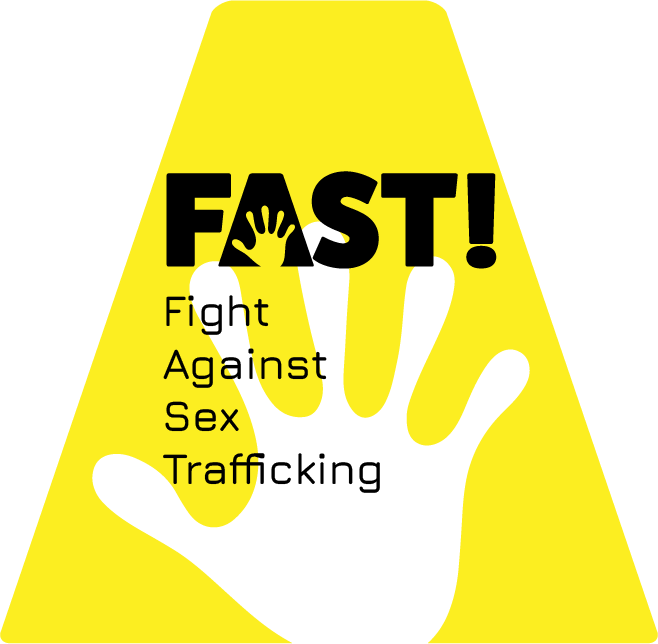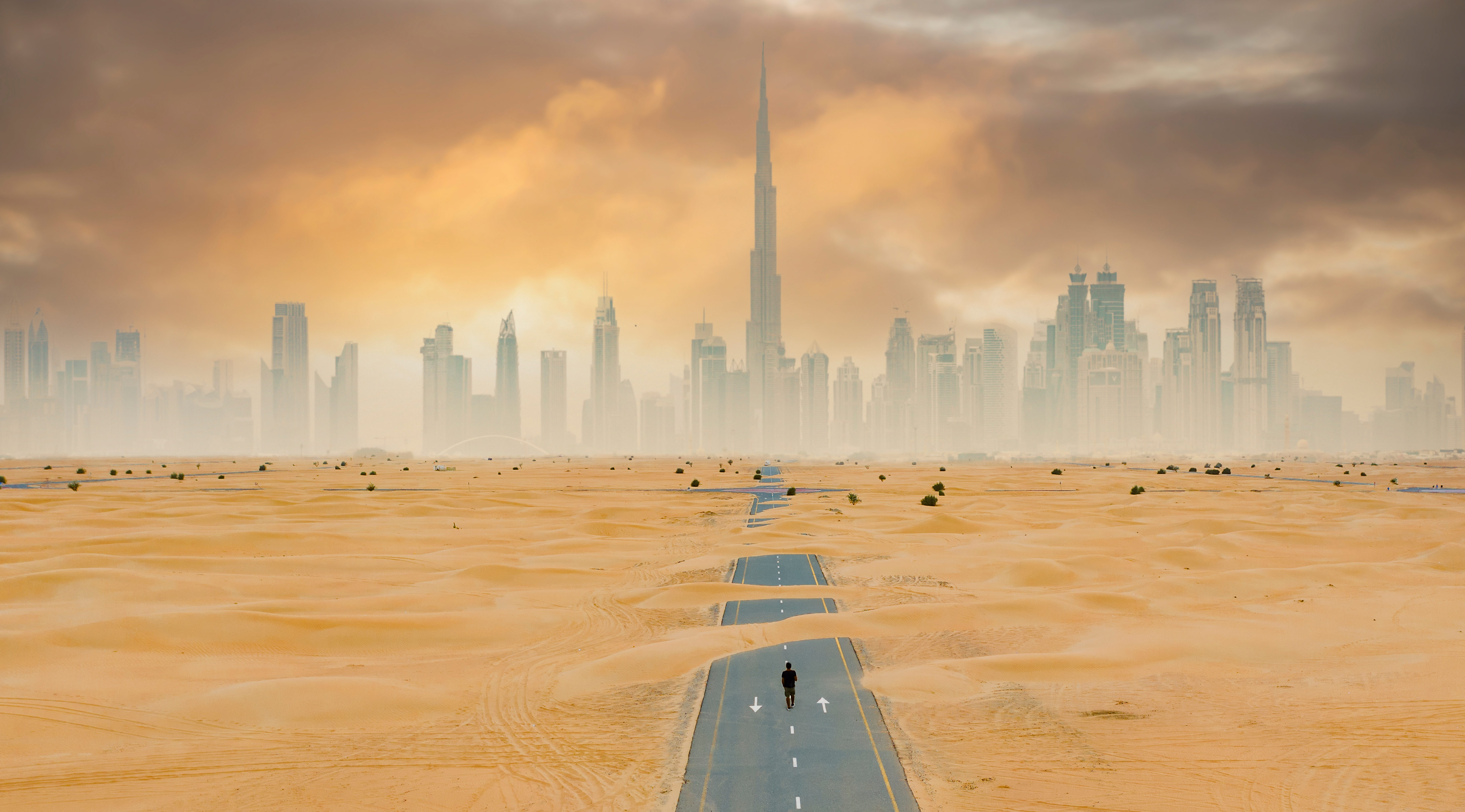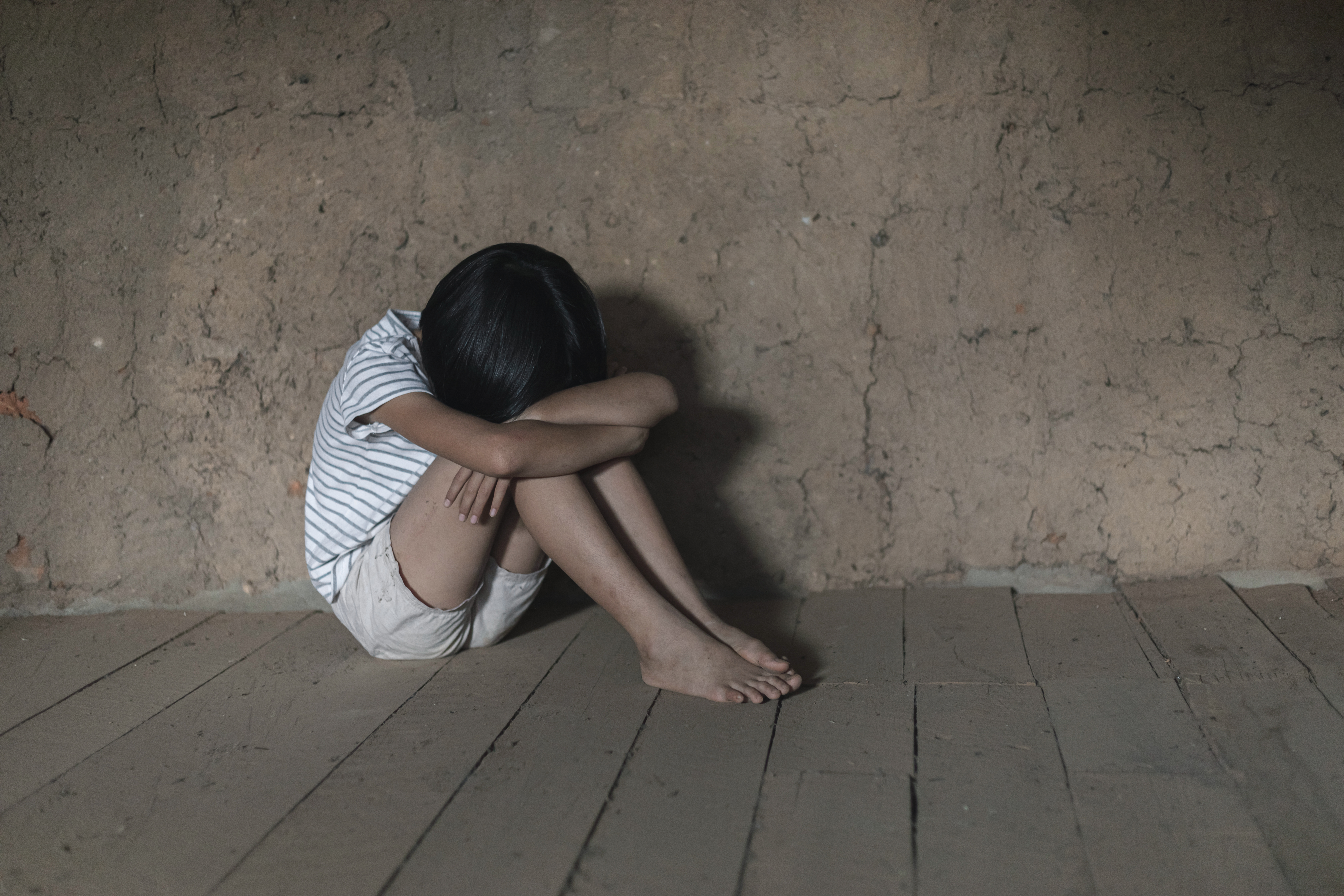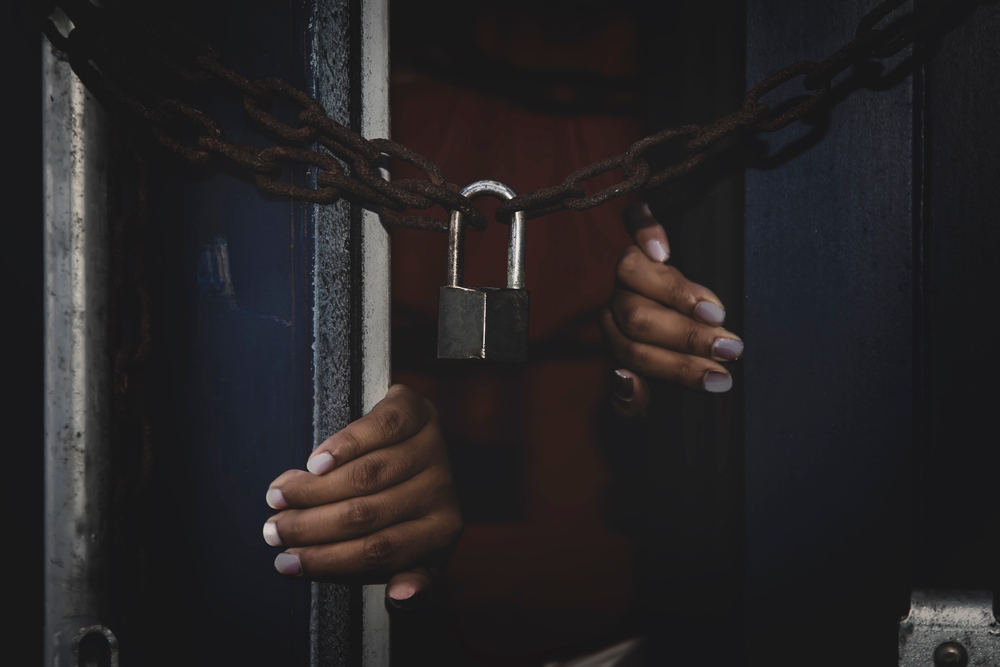The Hidden Face of Globalization: Unveiling the Harsh Reality of Human Trafficking and Sex Trafficking in Dubai.
Dubai is often regarded as a glittering gem in the United Arab Emirates. But it has rapidly transformed into a global hub of commerce, culture, and luxury living. Its towering skyscrapers, luxurious hotels, and extravagant lifestyle attract millions of tourists and expatriates each year. Yet, beneath the surface of opulence and modernity, lies a disturbing reality that seldom meets the eye. We are talking about human trafficking and sex trafficking. As Dubai embraces globalization and seeks to cement its place on the world stage, it inadvertently becomes a breeding ground for an illicit industry that thrives on exploitation and suffering.
Dubai’s unparalleled success in establishing itself as a global business and tourism hub has drawn people from around the world to seek better economic opportunities. This influx of immigrants and expatriates has fueled a demand for cheap labor across various industries. This varies from construction to domestic work. Unfortunately, this demand has given rise to a sinister practice known as human trafficking. Here vulnerable individuals are coerced, deceived, and exploited for forced labor or sexual exploitation.
Trafficking in Dubai: A Disturbing Reality
While Dubai officially outlaws prostitution, the reality on the ground is different. The emirate’s leniency towards the sex industry has created an environment where sex trafficking thrives. The city’s bustling nightlife, including bars, restaurants, and nightclubs, provides the backdrop for an underground world of exploitation. Many sex workers, often from impoverished countries, find themselves trapped in a cycle of abuse and exploitation. And their dreams of a better life turned into nightmares.
Among the victims of sex trafficking in Dubai, women and girls are disproportionately affected. They are lured by false promises of lucrative jobs. Only to find themselves trapped in a web of deceit, violence, and sexual exploitation. Many of these victims come from impoverished backgrounds. This makes them easy targets for traffickers who prey on their desperation for a better life. The victims’ stories paint a bleak picture of their lives, filled with suffering, coercion, and a loss of agency.
The Kafala System is facilitating exploitation.
The kafala system is a sponsorship-based employment arrangement prevalent in the Middle East. It plays a significant role in perpetuating human trafficking and sex trafficking in Dubai. This system, originally designed to regulate the employment of migrant workers, has been manipulated to exploit vulnerable individuals. Traffickers often use the kafala system’s loopholes to control and manipulate their victims, leaving them trapped in dire conditions without legal protection or recourse.
Globalization is fostering economic growth and cultural exchange. It has also opened doors for criminal networks to exploit vulnerable individuals across borders. The rapid movement of people, goods, and services has provided traffickers with ample opportunities to expand their operations and evade detection. The ease of travel and communication allows for the seamless movement of victims and the exchange of information, making it increasingly difficult for authorities to combat these illicit activities.
Dubai’s rapid ascent as a global city comes with a price that often remains hidden from the public eye. Human trafficking and sex trafficking are the unfortunate consequences of the emirate’s quest for prosperity and modernity. As the world marvels at Dubai’s breathtaking skyline and luxurious lifestyle, it is essential to remember the countless victims who suffer in the shadows. Only through collective action, heightened awareness, and unrelenting determination can we hope to eradicate the hidden face of globalization and create a world where exploitation has no place.



